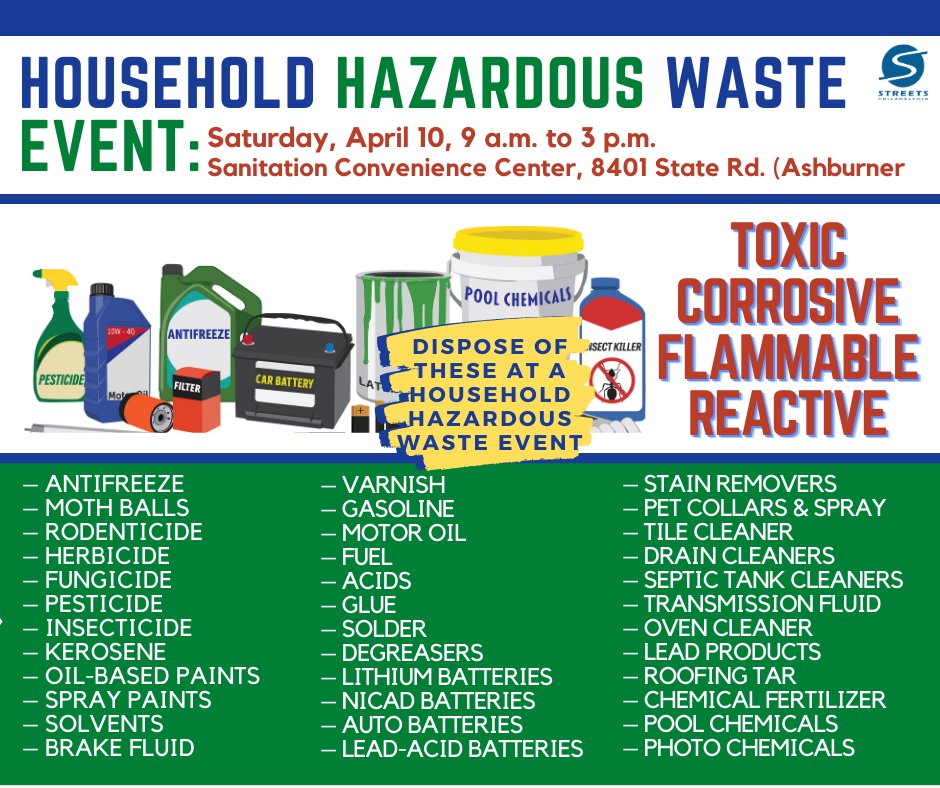
Introduction:
Household hazardous waste poses environmental and health risks if not disposed of properly. In this guide, we’ll explore the importance of responsible disposal and provide a step-by-step DIY approach to ensure the safe and eco-friendly removal of hazardous materials from your home.
Understanding Household Hazardous Waste:
Household hazardous waste includes items such as cleaning products, batteries, paints, pesticides, and electronic devices containing harmful components. These materials can be dangerous if disposed of incorrectly, contaminating soil, water, and air, and posing health risks to humans and wildlife.
Identifying Hazardous Materials:
Before disposing of household waste, it’s essential to identify which items are considered hazardous. Check product labels for warnings and symbols indicating toxicity or environmental hazards. Common hazardous materials include oil-based paints, automotive fluids, batteries, and certain cleaning products.
Researching Local Regulations:
Each locality may have specific regulations and guidelines for the disposal of hazardous waste. Research your local waste management authority’s rules and regulations to understand the proper procedures for disposing of hazardous materials. This information ensures you comply with local laws and contribute to a safer environment.
Separating Hazardous Waste:
Segregate hazardous waste from regular household trash. Create a designated area to store these materials until you’re ready to dispose of them properly. Keep different types of hazardous waste separate to prevent potential chemical reactions and facilitate recycling efforts.
DIY Disposal Options:
Dispose of household hazardous waste responsibly by taking advantage of local disposal options. Many communities offer periodic hazardous waste collection events where residents can drop off materials for proper disposal. Check with your local waste management agency for information on upcoming events in your area.
Contacting Recycling Facilities:
Certain household hazardous waste items, such as electronic devices, batteries, and fluorescent light bulbs, can be recycled. Contact local recycling facilities to inquire about drop-off locations and guidelines. Recycling reduces the environmental impact of hazardous materials and promotes the reuse of valuable resources.
Safe Disposal of Paints and Solvents:
Unused or old paints and solvents are common hazardous materials found in households. To dispose of them responsibly, check for paint recycling programs in your area. If recycling is not available, consider using up the product or donating it to local organizations, such as schools or community centers.
Proper Battery Disposal:
Batteries contain hazardous materials like mercury, cadmium, and lead, making proper disposal crucial. Many retailers offer battery recycling programs, allowing you to drop off used batteries. Additionally, some municipalities provide designated collection points for battery recycling.
DIY Hazardous Waste Cleanup:
If you accidentally spill or mishandle hazardous materials at home, it’s crucial to clean up the mess safely. Use protective gear such as gloves and goggles, and carefully follow guidelines for cleaning up specific substances. Avoid flushing hazardous materials down drains, as this can contaminate water sources.
Educating Others:
Spread awareness about responsible hazardous waste disposal within your community. Share information about local disposal options, recycling programs, and the importance of proper waste management. By educating others, you contribute to a collective effort to minimize the impact of hazardous materials on the environment.
In conclusion, disposing of household hazardous waste responsibly is a critical aspect of environmental stewardship. By understanding what constitutes hazardous waste, researching local regulations, and utilizing available disposal options, you contribute to a safer and cleaner living environment for all. For more detailed guidance and additional tips on responsible waste management, visit mimimises.org.
